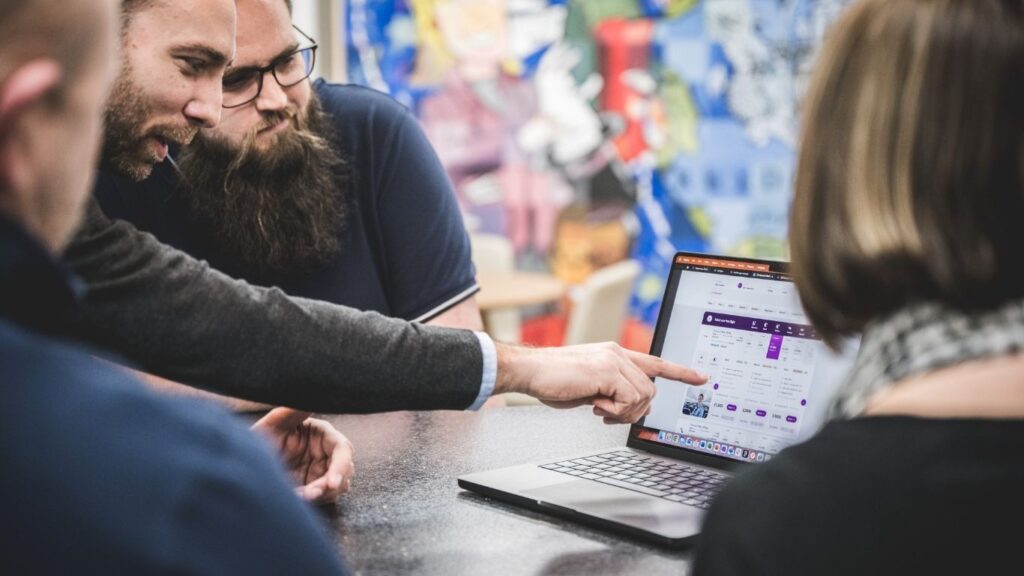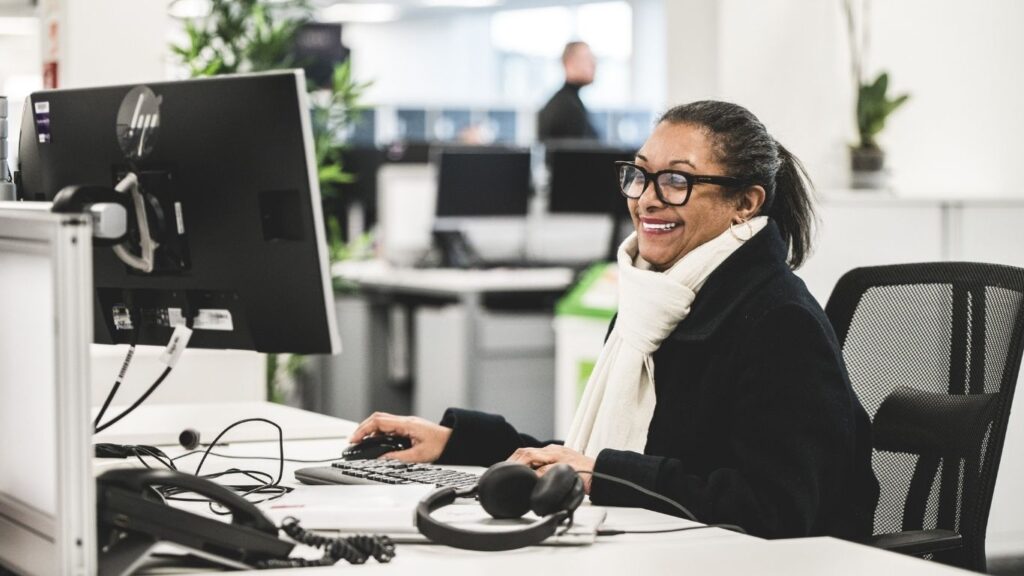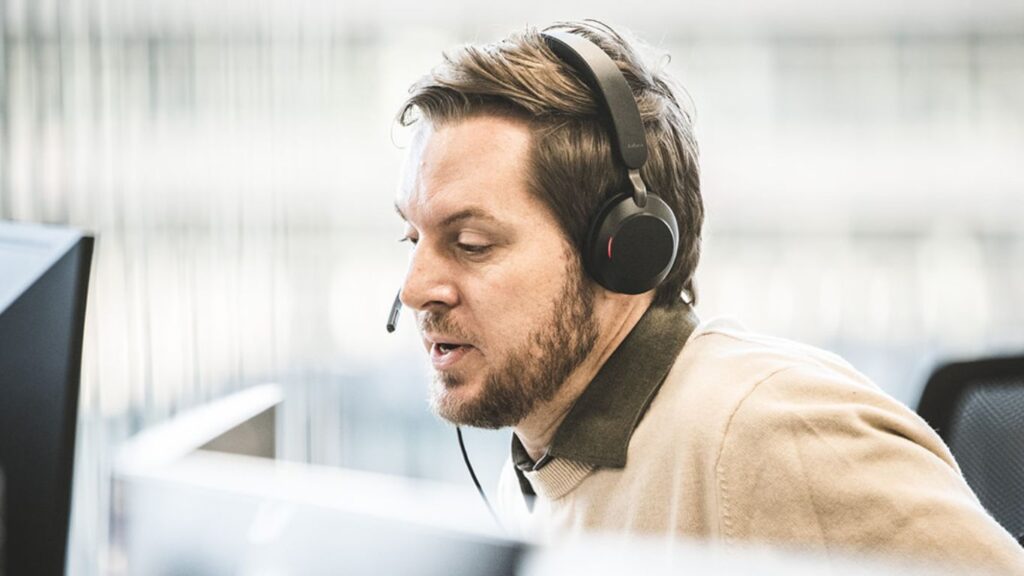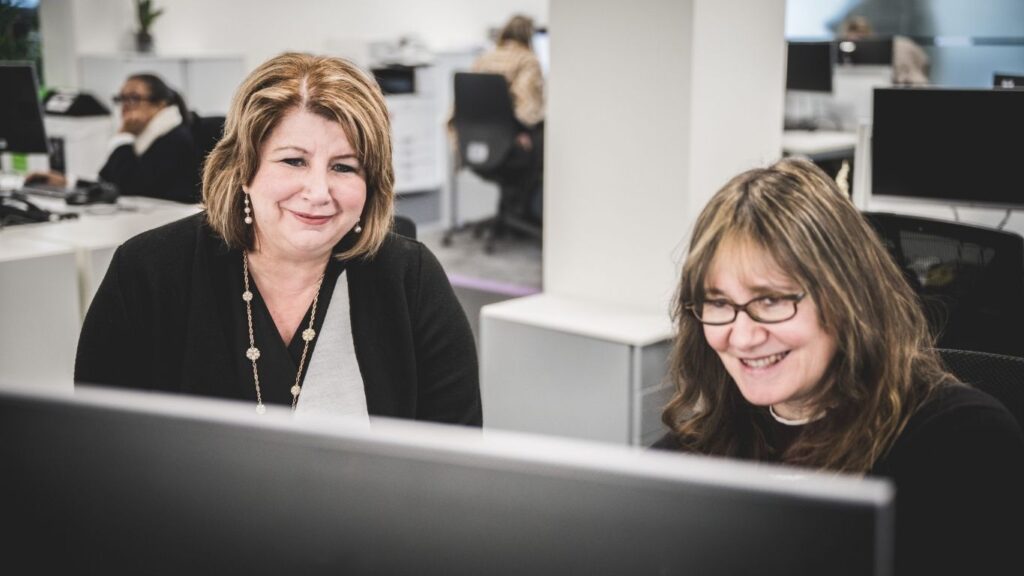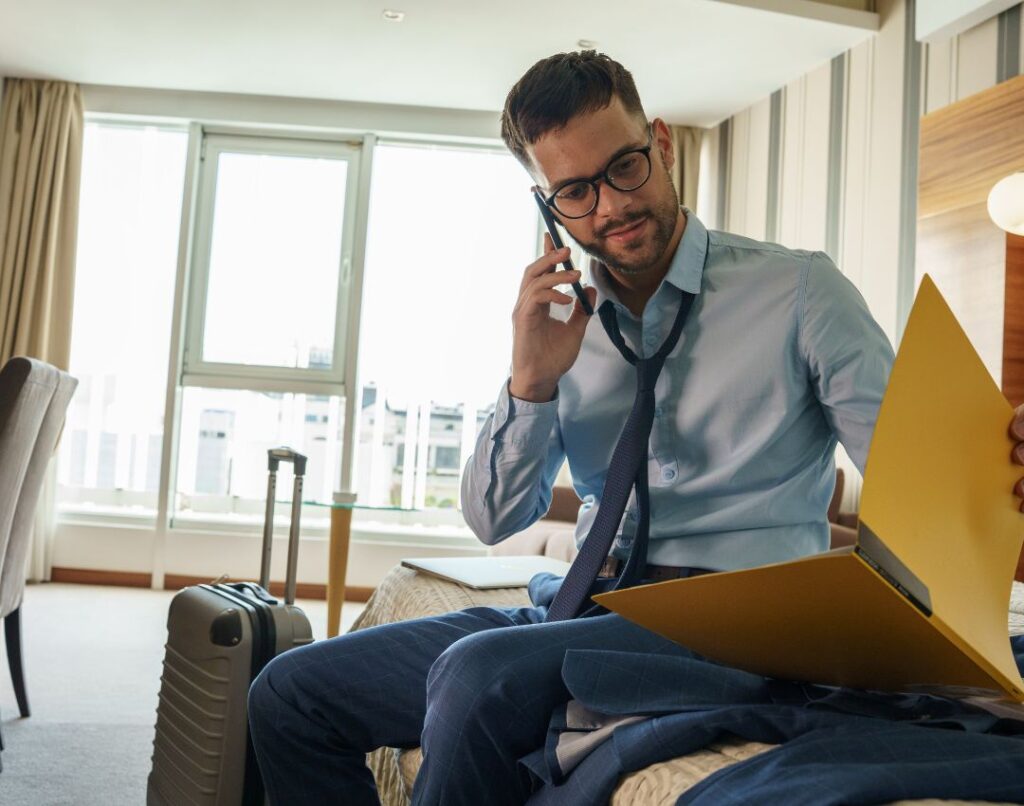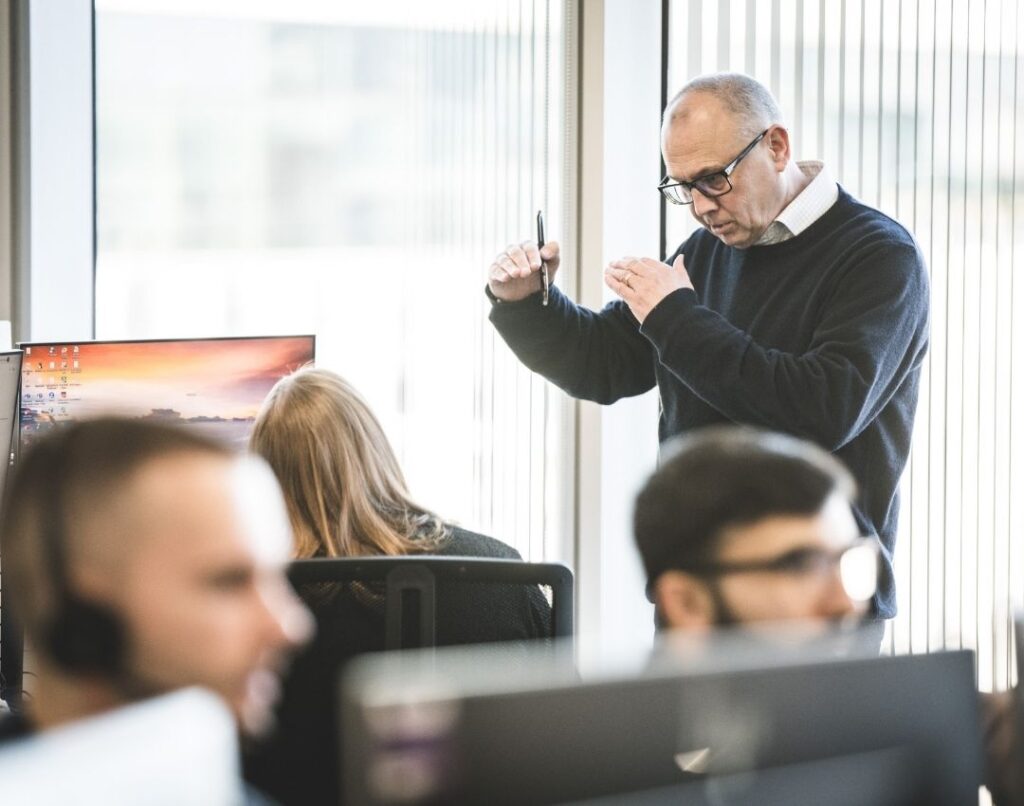Cyber attacks can be devastating for a business, causing severe financial implications, operational disruptions and reputational damage. Unfortunately they have become increasingly rife following the move to remote or hybrid work during the COVID-19 pandemic. In the past year, 64% of companies worldwide have experienced at least one form of cyber attack on their computer networks.

People need to be hyper-vigilant about cyber security. Protecting clients’ personal data and information must be a priority for all businesses. And, with the global business travel industry forecast for accelerated rebound, more travellers will be venturing outside their secure office computer systems and may become more vulnerable to cyber attacks.
A survey commissioned by World Travel Protection at the end of last year revealed that 86% of business travellers say their organisation asks them to take cyber security measures during business travel. However, only 24% of them have anti-virus software installed on their devices. Furthermore, only 22% use a virtual private network (VPN) on any mobile device. And just 21% have two-factor authentication set up.
It’s crucial business travellers understand the risk and the implications for their organisation if cyber security is breached.
The Business Travel Association has recognised the need to improve knowledge among travellers and has launched education sessions about cyber security and cyber safety.

TOP TIPS ON HOW TO BE CYBER SECURE WHILE TRAVELLING ON BUSINESS
Travelling makes you, your data, and your devices more vulnerable to cyber attacks and data loss. Reed & Mackay Director of Security and Trust Judit Cross shares ways you can minimise these risks to your travellers and your organisation.
- Lock your devices when you’re not using them, ensuring that a password, PIN, fingerprint or facial recognition is needed to access the system.
- Use multifactor authentication (MFA) for your work and personal accounts and only accept an MFA challenge if you initiated it yourself. If you are bombarded by MFA prompts, decline them all and contact your IT Support Team.
- Avoid reusing passwords on multiple accounts, ensuring they’re at least 12 characters long and contain numbers, mixed-case characters and symbols.
- Use a password manager to keep your passwords secure and save you having to remember them.
- Avoid connecting to public Wi-Fi networks and unknown Bluetooth devices, as they may not be secure and may allow cyber criminals to access your data. If you must use a public Wi-Fi hotspot, make sure you use your company’s VPN to secure your connection.
- Minimise sharing your location on social media as your location history may be used against you for phishing and social engineering attacks.
- Avoid charging devices in public USB ports, as these may be compromised. It’s better to carry a mobile battery with you.
- Be aware of shoulder surfing. When you are in a public place – whether it’s on a train, plane or in a coffee shop – people may be able to see your screen and overhear your telephone calls. Ensure you don’t discuss sensitive or confidential information and use a privacy screen on your devices.
- Ensure your device and applications are up to date with the latest software. Not only does this help protect your device against the latest threats, it also avoids having to download and install large software updates while you are on the go.
- Ensure your antivirus is running and up to date to protect your device against malware lurking around on compromised websites, public networks and email attachments.
- Keep your valuables and devices secure in a safe when your hotel room is unattended. Rooms may be kept open for extended periods of time while being cleaned.
- Enable the ‘Find my device’ feature (available for both Apple and Android phones) to allow you to block and remotely wipe your device in case it is lost or stolen.
- Never post itineraries, tickets or boarding passes online, as these contain personal data and can be misused by cyber criminals and scammers.
- Use digital boarding passes and travel management apps, such as R&M/Mobile. The security code on your device helps to secure this information.
- Contact your TMC for up-to-date information on visa applications and which websites are safe to apply for e-visas.
- If you have any concerns about the health of your devices during a business trip, contact your IT Support Team without delay. They can help contain threats remotely before they spread to other devices on the network.
stand the impact of their travel choices in the same, granular detail.
Mail hello@reedandmackay.com to discuss all of your meetings and events management needs.


